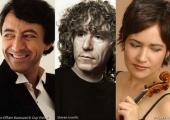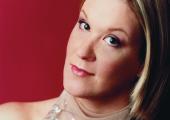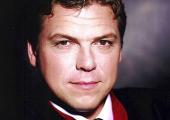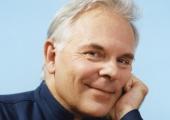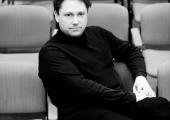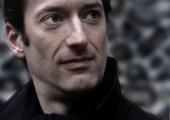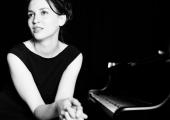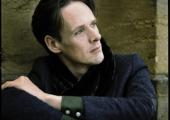Angela Hewitt, Wigmore Hall

Bach to the future: a contemporary take on the music of J S Bach
In 1932 English pianist Harriet Cohen commissioned the best of Britain’s composers – Vaughan Williams, Ireland, Walton, Howells – to produce transcriptions of Bach for piano. The result, A Bach Book for Harriet Cohen, is a true document of its time, no less fascinating for its rather conservative contents. Conservative is not an adjective that could be directed at Angela Hewitt’s 20th-century reinvention of the project however. With composers including Brett Dean and Robin Holloway, and works inspired by Bach alongside straight transcriptions, it makes for a joyously diverse programme; last night it proved that it works every bit as well in performance as on the page.

